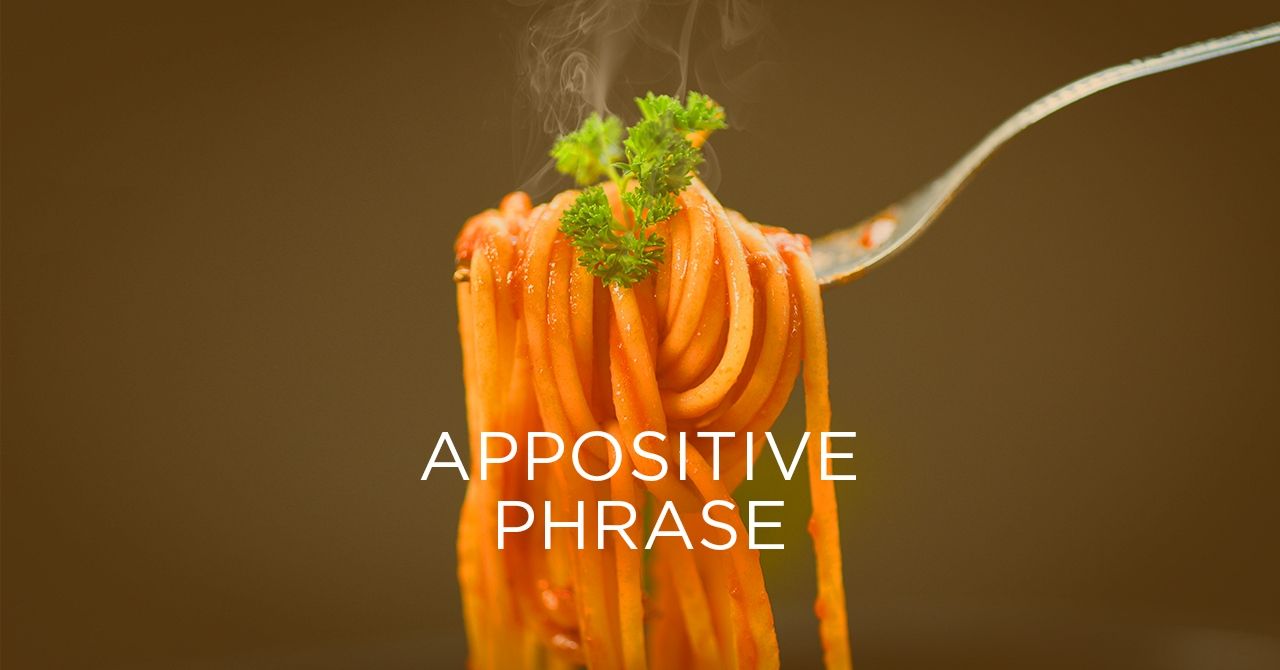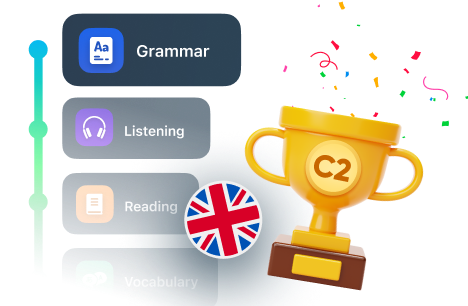
Apposition and appositive phrase in a sentence
In grammar textbooks, you’ll usually find that an appositive is a phrase of a noun standing in apposition to the noun it explains.
Let’s start with an example.
My cat, an adorable silver tabby, doesn’t trust strangers.
In this sentence, the phrase “an adorable silver tabby” is an appositive phrase. It has the purpose of providing additional information on the cat.
What is an appositive phrase?
An appositive can be a word — a noun (e.g., a tabby), or a group of words containing at least one noun, referred to as a noun phrase (e.g., an adorable silver tabby).
An appositive phrase follows a noun and renames it. Its purpose is to make sure that the reader or listener has been given all the necessary details about the noun (in our example, the cat).
What does the word appositive mean?
In grammar textbooks, you’ll usually find that an appositive is a phrase of a noun standing in apposition to the noun it explains. It basically means that an appositive word or phrase is related to the noun. It gives a more detailed account of it. It enriches a sentence and reveals more about its subject or object.
A dictionary definition of appositive is “standing in grammatical apposition.” A synonym of apposition is “relating to.”
The words appositive and apposition are derived from appose, which used to mean “to apply to another,” or “to put before” in old English. A newer definition is “to place in proximity,” or “to juxtapose.”
We say that an appositive is “in apposition” to the noun, which means that it’s next to the noun.
Appositive phrase examples
An example is worth a thousand definitions. In addition to our cat example, here are a few more.
Anna, my cousin from France, is coming to visit us.
He ordered lasagne, a famous Italian dish, from a local restaurant.
Tommy can’t fall asleep without Teddy, his favorite stuffed toy.
How to identify the appositive or appositive phrase in a sentence
In a sentence, identify the key nouns — the subject and the object. Then see if there’s some extra info about either of them. If there’s a further explanation, separated by commas, that might be it. But to identify the appositive or appositive phrase, you need to have a closer look at that part of the sentence. Does it consist of a noun or a nominal phrase? If it does, that’s an appositive. But if it contains a verb, that’s a relative clause.
Is there an appositive sentence?
No. As we’ve seen above, an appositive doesn’t contain verbs. However, appositives can easily be turned into relative clauses or simple sentences, depending on the writer’s/speaker’s style and preferences.
Here’s an example:
He dreamed about going to Mars, the fourth planet from the Sun.
He dreamed about going to Mars, which is the fourth planet from the Sun.
He dreamed about going to Mars. Mars is the fourth planet from the Sun.
The first sentence contains an appositive phrase: the fourth planet from the Sun. The next one includes a relative clause. The third example contains two sentences. The last one says the same thing as the appositive phrase, but it is not an appositive sentence.


















